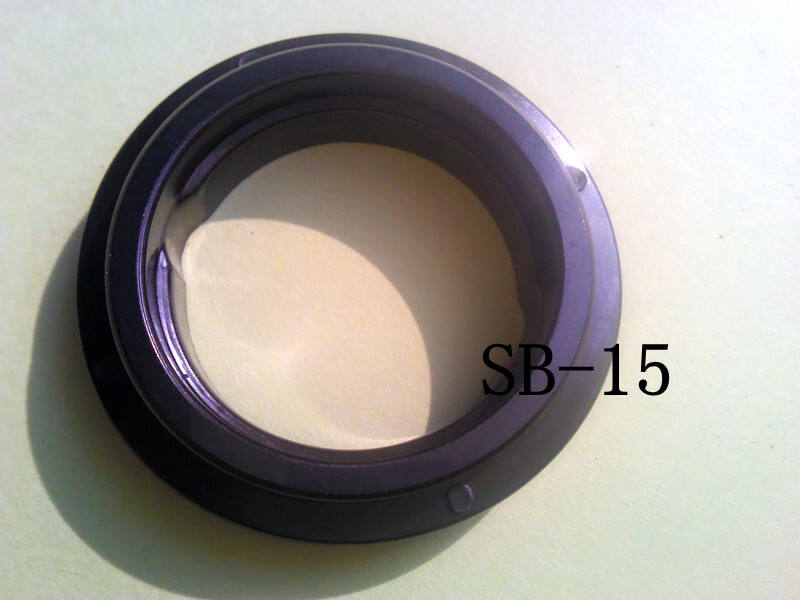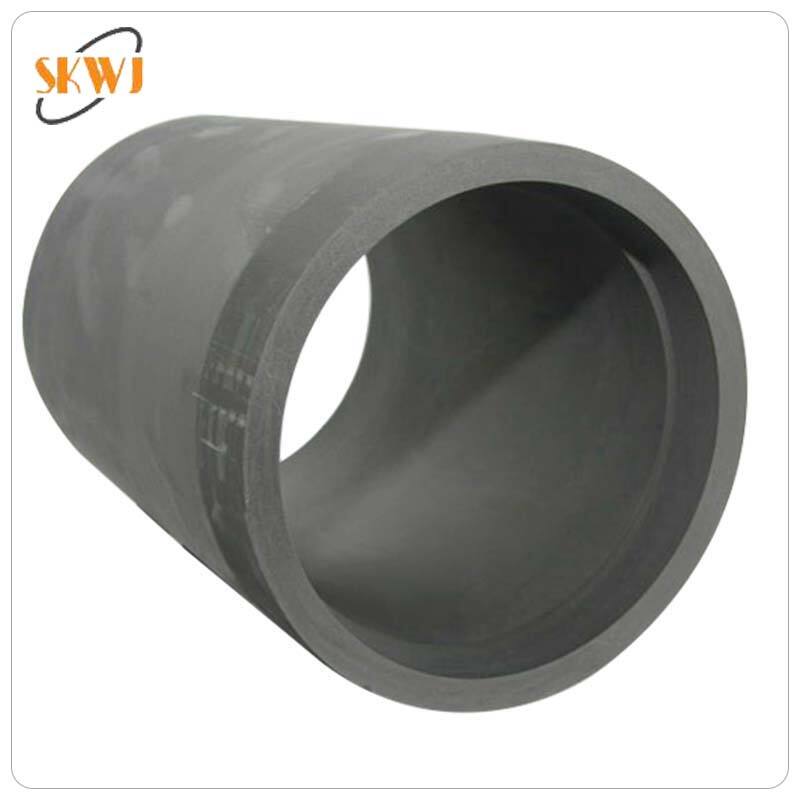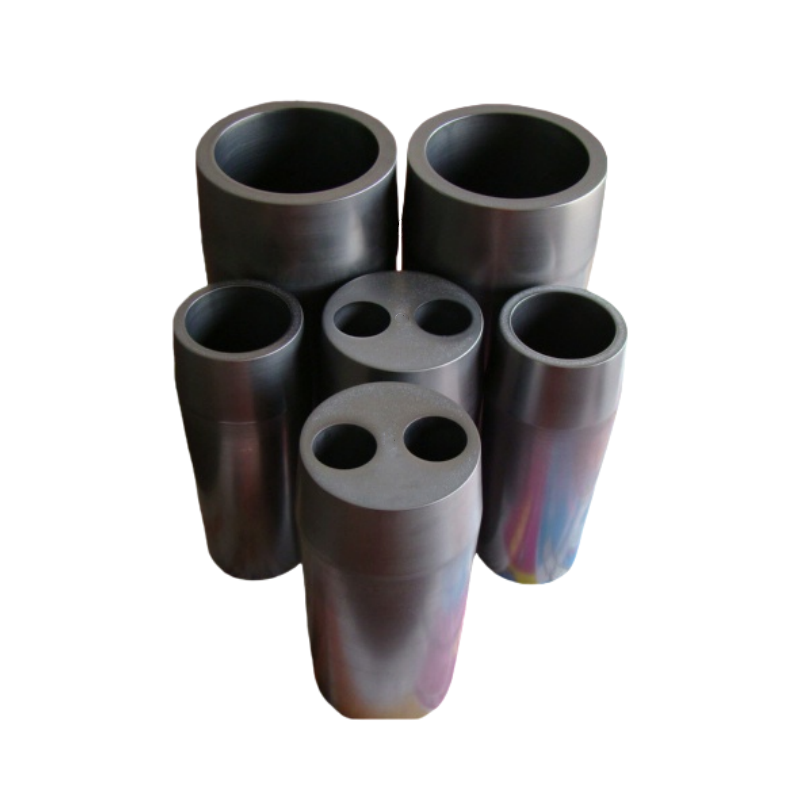synthetic graphite
Synthetic graphite is an engineered carbon material manufactured through the careful processing of carbon precursors at high temperatures. This versatile material exhibits exceptional thermal conductivity, electrical conductivity, and chemical stability, making it indispensable in various industrial applications. The production process involves carefully controlling the crystalline structure to achieve specific properties tailored to different uses. The material's high purity levels, typically exceeding 99.9%, ensure consistent performance across applications. Synthetic graphite finds extensive use in lithium-ion batteries, serving as anode material due to its stable structure and excellent conductivity. In metallurgy, it's crucial for electrodes in electric arc furnaces and as refractory materials. The aerospace industry utilizes synthetic graphite in thermal management systems and structural components due to its lightweight nature and thermal properties. Its self-lubricating properties make it valuable in mechanical applications, while its chemical inertness proves essential in nuclear applications. The material's controllable properties during manufacture allow for customization to meet specific industry requirements, from particle size distribution to density and strength characteristics.





